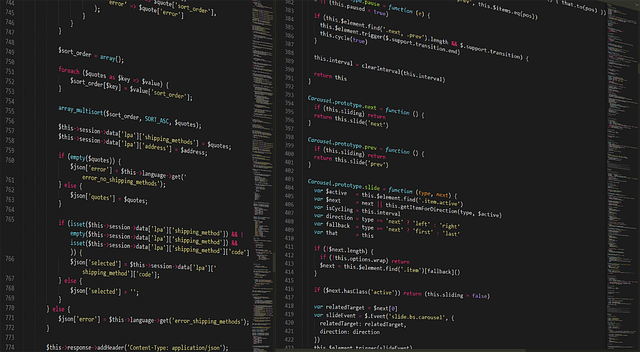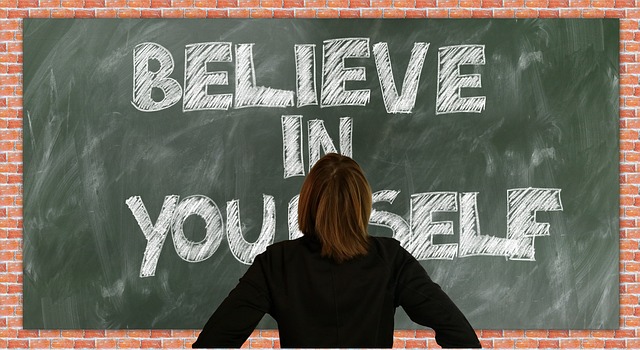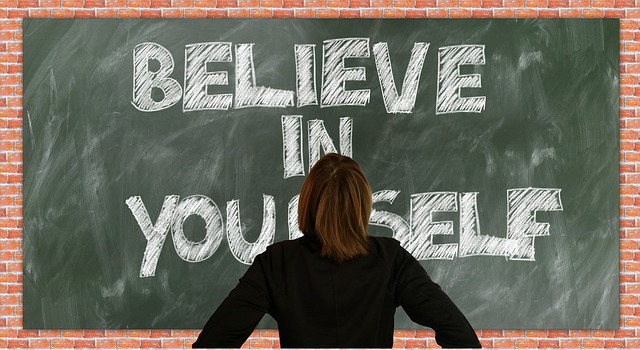In our fast-paced world, the interplay between energy consumption and development has become a focal point for individuals, communities, and nations alike. As urban areas expand and economies grow, the demand for energy resources escalates, often leading to critical discussions about sustainability, environmental responsibility, and social equity.
When you think about development, it’s easy to picture towering skyscrapers, bustling infrastructure, and technological advancements. However, behind this facade lies the significant challenge of managing energy consumption. Each light bulb turned on, every vehicle on the road, and all the electronic devices we use contribute to a larger narrative about our planet’s capacity to support us. From the bustling streets of New York to the rapid developments in emerging markets, the quest for energy is a story written in numbers and impacts.
The impact of energy consumption goes beyond just producing and using energy; it shapes livelihoods, influences policies, and affects future generations. Those living in under-resourced areas often bear the brunt of this imbalance, experiencing the challenges of inadequate energy access while watching wealthier nations exploit resources at an unsustainable rate. The disparity underlines a critical question: How can we ensure that energy consumption fuels equitable development?
The conversation around renewable energy sources has gained momentum, illustrating a turning tide toward sustainability. Solar panels adorning rooftops and wind turbines dotting landscapes symbolize hope in our quest to balance energy needs with environmental consciousness. But transitioning to these solutions is not merely about adopting new technologies; it requires a collective recognition of our responsibilities.
As individuals, it’s crucial to reflect on our energy consumption habits. Are we making conscious choices that contribute to a sustainable future? Small actions—like reducing waste, conserving energy, or supporting local initiatives—may appear minor, but collectively, they forge a pathway toward change. Moreover, encouraging discussions and education around energy awareness can foster a culture of sustainability within communities.
At the governmental level, policies that prioritize renewable energy investment, energy efficiency, and equitable access are vital. Countries must collaborate to create frameworks that promote innovation while supporting those who stand to benefit the most from sustainable practices. International partnerships and local engagement are essential in crafting solutions that resonate with diverse populations and their unique developmental challenges.
As we delve deeper into understanding energy consumption in the context of development, we unveil the intricate connections that bind us to our environment and to one another. A robust energy strategy is not merely a technical challenge; it’s a moral imperative. When development is approached with a mindful understanding of energy consumption, we pave the way for a brighter, more equitable future.




